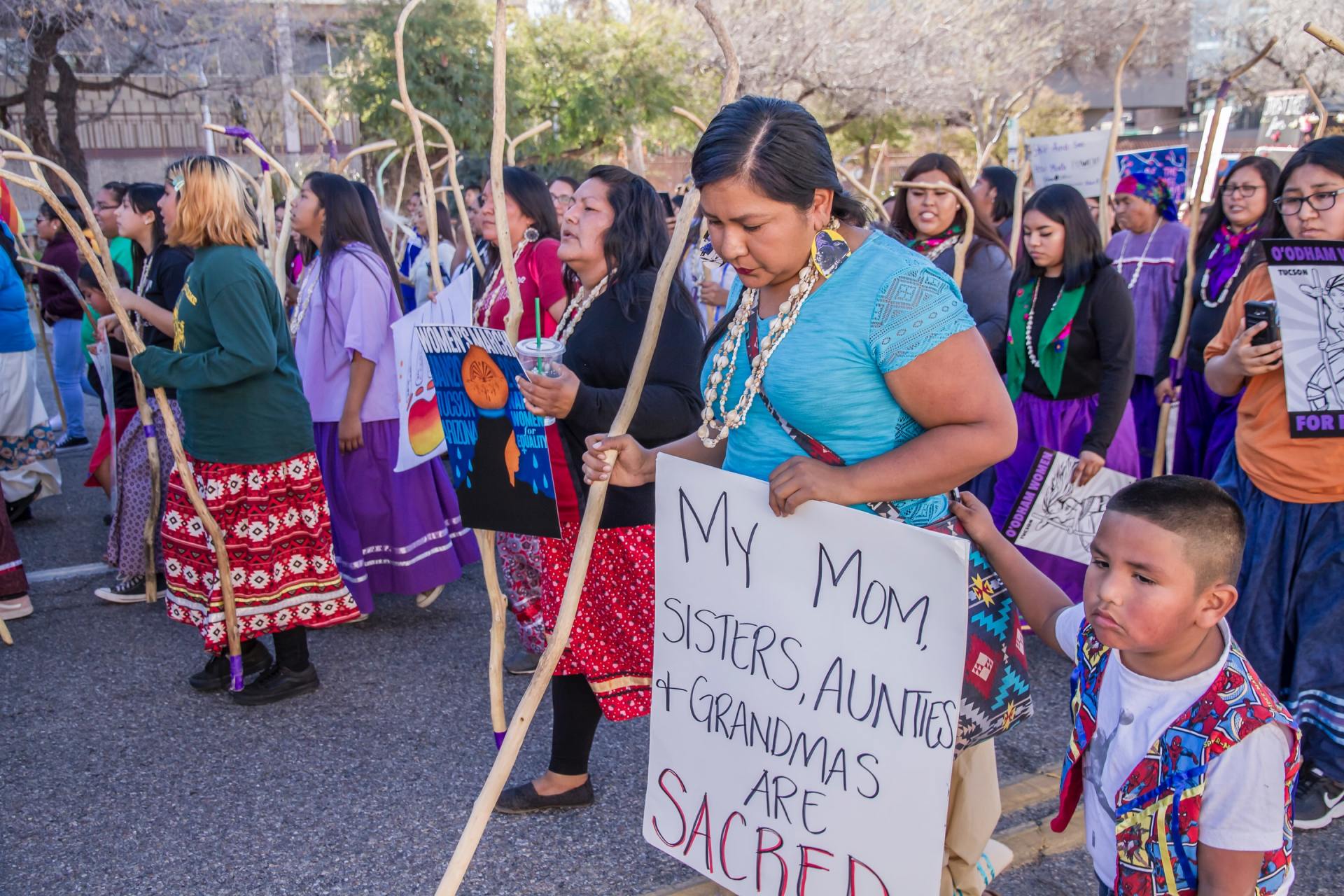CITZENSHIP
How to get a US Citizenship
How to get a US Citizenship
Citizenship is the status of a person recognized under the custom or law as being a legal member of a sovereign state or belonging to a nation. A person may have multiple citizenships.
U.S. Citizenship And Naturalization Lawyers
U.S. citizenship through the naturalization process grants all the rights accorded to a natural-born citizen, including the right to vote and the right to remain in the U.S. indefinitely. To qualify, there are requirements you must meet, as well as a statutory period of time during which you must sustain lawful permanent residence.
From our offices in Dallas, Texas, lawyers at Saenz-Rodriguez & Associates are prepared to help applicants throughout the country determine if they are eligible for citizenship and navigate the naturalization process. Our attorneys have been practicing immigration law for more than 20 years. We prepare our clients and help them to stay the course to citizenship.
Naturalization: Eligibility And Requirements
If you hold lawful permanent resident status, then you may elect to become a U.S. citizen through the naturalization process. In most cases, applicants will have to be permanent residents for five years before they can become citizens. If you are married to a U.S. citizen, however, the statutory period is reduced to three years.
You will need to provide a substantial amount of proof to U.S. Citizenship and Immigration Services (USCIS). To obtain citizenship, all applicants must be able to demonstrate:
- Physical presence. You will need to provide an account for all time spent outside of the country during your statutory period. Significant amounts of time outside the U.S. affect how long you must wait to apply.
- Continuous residence. This requires that you prove that you intend to live in the U.S. permanently. Generally, you cannot spend more than six months living outside the country. If you plan to study abroad or reside elsewhere for another reason, consult a lawyer first.
- Five years of good moral character. You cannot falsify information or lie during your naturalization interview. All criminal offenses must be reported and documented. Certain crimes bar applicants from naturalization temporarily or permanently.
- English language comprehension and U.S. civics knowledge. You must be able to read, write and speak basic English and possess a basic understanding of U.S. history and government. Exceptions can be made in some cases depending on legal permanent resident (LPR) status and age.
What If I Have A Criminal Record?
If you have a criminal offense on record, do not attempt to file for citizenship on your own before consulting with a lawyer. Even a minor offense can jeopardize your resident status and eligibility for citizenship. Our lawyers are skilled in complex criminal immigration defense and will do everything within their power to protect your eligibility for U.S. citizenship. We handle cases involving 212(c) or "Saint Cyr" waivers, cancellation of removal and withholding of removal.







